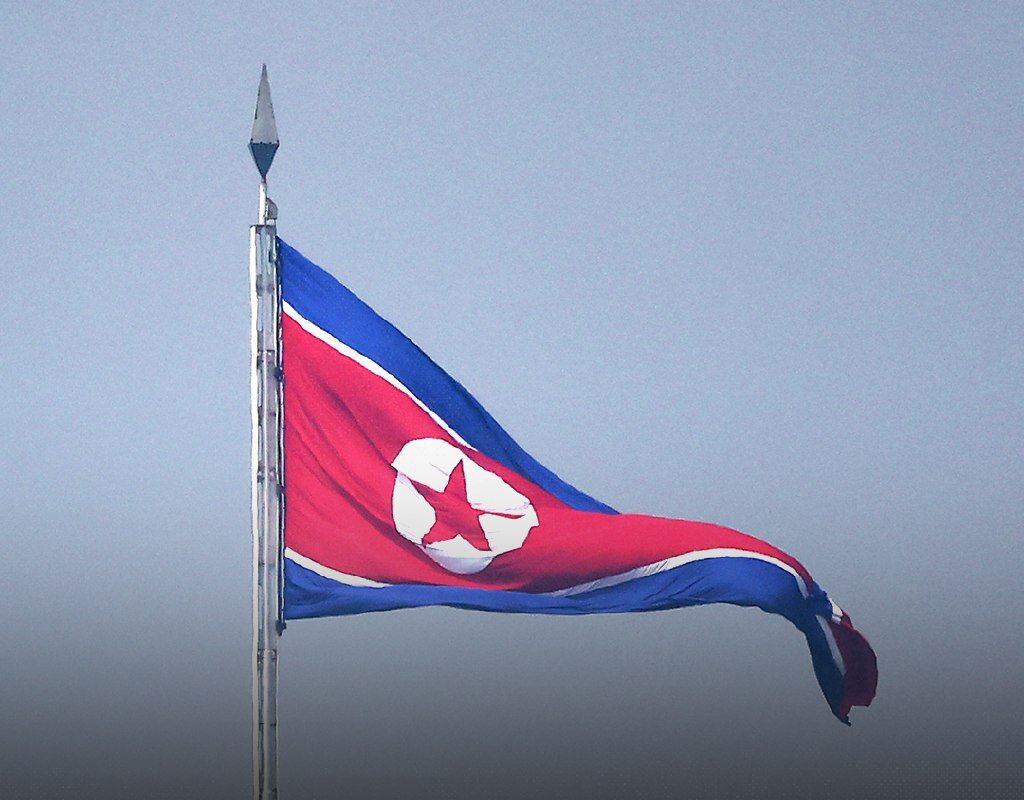North Korea Urges US to Ditch Military Threats for Peaceful Relations
In recent developments, the capabilities of North Korea’s intercontinental ballistic missiles (ICBMs) have come under scrutiny, particularly their potential reach to the US mainland. This situation has sparked a variety of responses and discussions, particularly from the United States. Understanding the implications of these advancements is crucial for regional and global security.
According to a report by the Korean Central News Agency (KCNA), the head of the US Northern Command made significant comments regarding North Korea’s ICBM capabilities. The report emphasizes that the actions taken by the United States may be perceived as provocative, particularly in the context of military exercises and deployments in the region.
Here are some key points highlighted in the KCNA report:
- US Military Activities: The report suggests that the United States is engaging in confrontational behavior by planning war exercises with South Korea.
- Nuclear Submarine Deployment: The presence of a nuclear submarine in the Korean Peninsula is cited as a provocative action by the US.
- North Korea’s Rights: North Korea asserts that it has the sovereign right to enhance its self-defense capabilities amidst the perceived threats from the US.
The ongoing tensions between North Korea and the United States highlight the complexities of international relations in the region. The KCNA report serves as a reminder of the delicate balance that exists, with both sides asserting their positions vigorously.
Furthermore, the report underscores the importance of dialogue and understanding in addressing security concerns. As military posturing continues, it is essential for all parties involved to consider the broader implications of their actions.
In light of these developments, it is pertinent to analyze the potential impacts on regional stability. The following factors are particularly noteworthy:
- Escalation of Military Tensions: Increased military exercises and deployments could lead to a dangerous escalation between North Korea and the US, raising the stakes for all involved.
- International Relations: The actions of the US and North Korea will likely influence their relationships with other nations, particularly those in the Asia-Pacific region.
- Public Perception: The portrayal of each nation in the media can shape public opinion and influence governmental policies.
As the situation evolves, the international community is watching closely. The balance of power in the region is critical, and any miscalculation could have far-reaching consequences.
Moreover, North Korea’s insistence on its right to strengthen its defense capabilities reflects a broader narrative of national sovereignty and security that resonates with many nations facing external pressures. This sentiment can often fuel a cycle of tension, as countries feel compelled to respond to perceived threats.
In conclusion, the current state of affairs regarding North Korea’s ICBMs and the US military’s presence in the region is a complex issue that requires careful navigation. Both nations appear to be entrenched in their positions, with the potential for escalation remaining a constant concern. Moving forward, it is crucial for diplomatic channels to remain open, allowing for dialogue that could lead to a more stable and secure environment for all parties involved.
As we continue to monitor these developments, the global community must advocate for peace and understanding, recognizing the importance of cooperation in addressing security challenges. The future of North Korea’s military capabilities and the US response will undoubtedly shape the geopolitical landscape for years to come.






